When Does Hormonal Acne Stop?
If you're struggling with hormonal acne, you're probably wondering when it will finally stop. The answer isn't simple—hormonal acne doesn't follow a predictable timeline and varies greatly from person to person. While many people see improvement after puberty, about 50% of women in their 20s and 25% of women in their 40s still experience hormonal breakouts.
Understanding when hormonal acne typically resolves—and what influences its duration—can help you manage expectations and make informed treatment decisions.
What Is Hormonal Acne?
Hormonal acne is triggered by fluctuations in your body's hormone levels, particularly androgens like testosterone. These hormones stimulate your oil glands to produce more sebum, which can clog pores and lead to breakouts.
This type of acne commonly appears along the jawline, chin, and lower face. It tends to flare during menstrual cycles, pregnancy, or other times of hormonal change.
When Hormonal Acne Stops: Age Ranges and Life Stages
Teen Years (12-19)
For most people, hormonal acne begins during puberty when hormone production ramps up. Teen acne typically lasts 3-5 years and often resolves by the early 20s as hormones stabilize.
20s and 30s
Adult female acne affects 20-30% of women and can persist well into adulthood. Research shows approximately half of women in their 20s and one-third of women in their 30s continue to experience breakouts.
In women, hormonal acne often connects to menstrual cycles, birth control changes, or pregnancy. Many women see flares about a week before their period due to hormone fluctuations.
40s and Beyond
About one-quarter of women in their 40s still experience hormonal acne. During perimenopause (typically ages 45-55), some women develop acne for the first time or notice worsening breakouts.
This happens because estrogen declines faster than testosterone during perimenopause, creating a temporary androgen excess. For most women, acne gradually improves in the years following menopause as hormone levels stabilize at lower levels.
Factors That Influence How Long Hormonal Acne Lasts
Several factors affect when your hormonal acne might stop:
• Underlying conditions: Polycystic ovary syndrome (PCOS) affects up to 70% of women with hormonal acne. PCOS-related acne often requires ongoing treatment.
• Genetics: Your family history plays a role in how long acne persists and its severity.
• Hormone sensitivity: Some people are more sensitive to normal androgen levels, which can cause acne even when hormone tests appear normal.
• Treatment approach: Active treatment with topical retinoids, hormonal therapies, or other medications can help control acne, though it may return if treatment stops.
Will Hormonal Acne Go Away on Its Own?
Some people do see their hormonal acne resolve naturally, particularly after puberty or menopause when hormones stabilize. However, without treatment, many adults experience persistent breakouts that can last for years or even decades.
Research shows that acne tends to be chronic, requiring maintenance treatment in many cases. Even after successful treatment, adult acne can re-emerge, particularly during times of hormonal change.
Treatment Options That Can Help
While you wait for hormonal acne to resolve naturally, several treatments can help control breakouts:
• Topical treatments: Retinoids, benzoyl peroxide, and salicylic acid can help unclog pores and reduce inflammation.
• Hormonal therapies: Combined oral contraceptives can help regulate hormones and may clear skin within 3-6 months. Spironolactone, which blocks androgens, is another effective option for women.
• Professional treatments: A dermatologist can prescribe other medications or recommend procedures based on your acne severity and overall health.
When to See a Dermatologist
You should consult a dermatologist if:
• Over-the-counter treatments haven't improved your acne after 3-4 months
• You develop severe, painful, cystic acne or scarring
• You experience other signs of hormonal imbalance, such as irregular periods, excessive hair growth, or hair loss
• Your acne is affecting your quality of life or emotional well-being
A dermatologist can evaluate your specific situation, test for underlying conditions like PCOS, and create a personalized treatment plan.
The Bottom Line
There's no universal age when hormonal acne stops. While many people see improvement after puberty or during their 20s, hormonal acne can persist into midlife or beyond. The timeline depends on your individual hormone patterns, underlying health conditions, and genetics.
The good news is that effective treatments exist, and you don't have to wait for acne to resolve on its own. Working with a dermatologist can help you achieve clearer skin and improve your quality of life, regardless of your age.
References
- Dréno B, et al.. Adult female acne: a guide to clinical practice. Journal of the European Academy of Dermatology and Venereology. 2019 [cited October 06, 2025]. Available from: https://pubmed.ncbi.nlm.nih.gov/30726466/
- Cleveland Clinic. Hormonal Acne: What Is It, Treatment, Causes & Prevention. Cleveland Clinic. 2024 [cited October 06, 2025]. Available from: https://my.clevelandclinic.org/health/diseases/21792-hormonal-acne
- Mayo Clinic Staff. Mayo Clinic Q and A: Understanding adult acne. Mayo Clinic. 2023 [cited October 06, 2025]. Available from: https://newsnetwork.mayoclinic.org/discussion/mayo-clinic-q-and-a-understanding-adult-acne/
- Bagatin E, et al.. Menopausal Acne – Challenges And Solutions. Clinical, Cosmetic and Investigational Dermatology. 2019 [cited October 06, 2025]. Available from: https://pmc.ncbi.nlm.nih.gov/articles/PMC6825478/
- Barbieri JS, et al.. Female Adult Acne and Androgen Excess: A Report From the Multidisciplinary Androgen Excess and PCOS Committee. Journal of Clinical Endocrinology and Metabolism. 2022 [cited October 06, 2025]. Available from: https://pmc.ncbi.nlm.nih.gov/articles/PMC8826298/
- Zaenglein AL, et al.. Guidelines of care for the management of acne vulgaris. Journal of the American Academy of Dermatology. 2024 [cited October 06, 2025]. Available from: https://pubmed.ncbi.nlm.nih.gov/38300170/
Medical Disclaimer: This article is for informational purposes only and does not constitute medical advice. Always consult with a qualified healthcare provider before starting any new skincare treatment, especially if you have underlying health conditions, are pregnant, or are taking medications.

